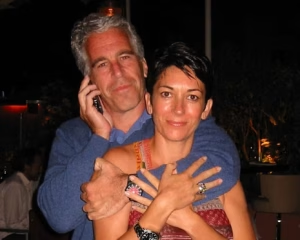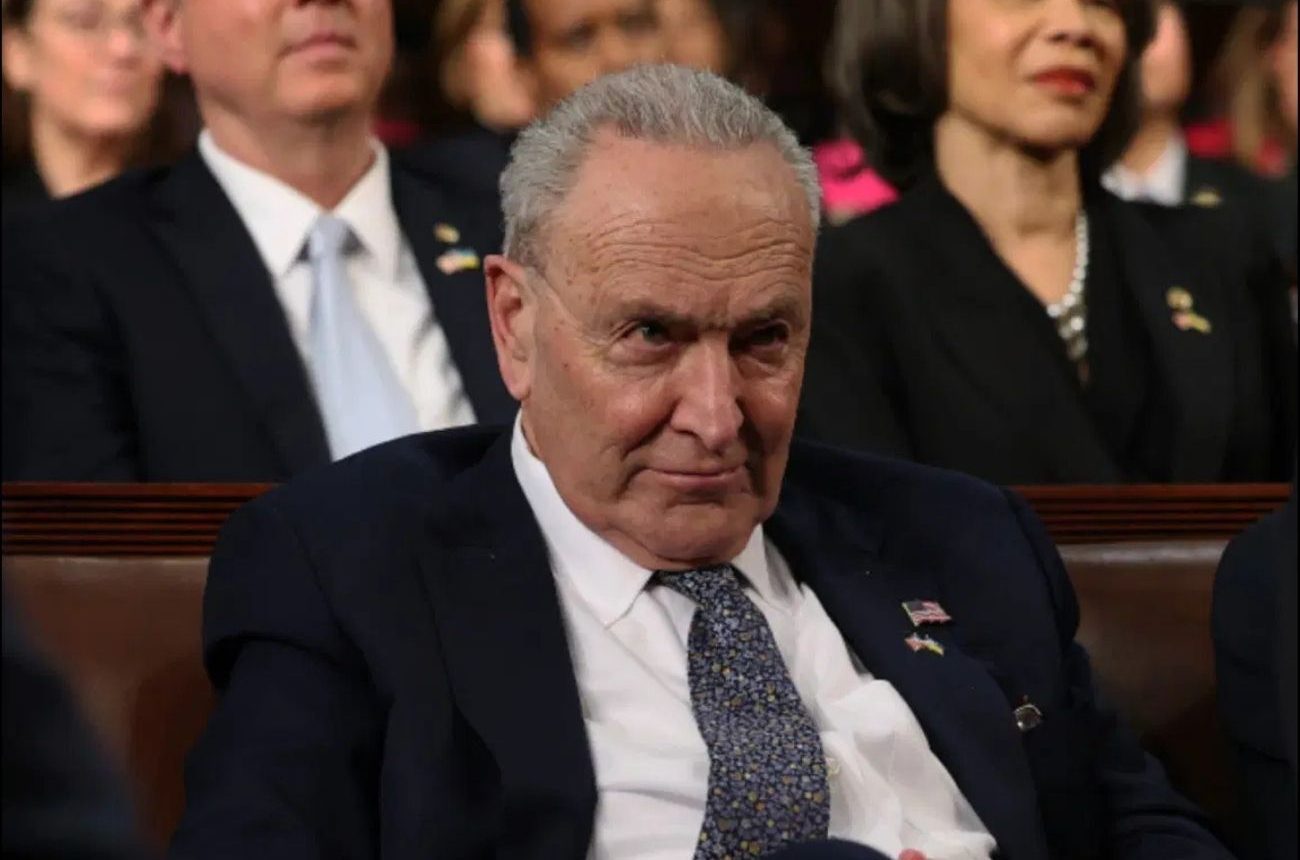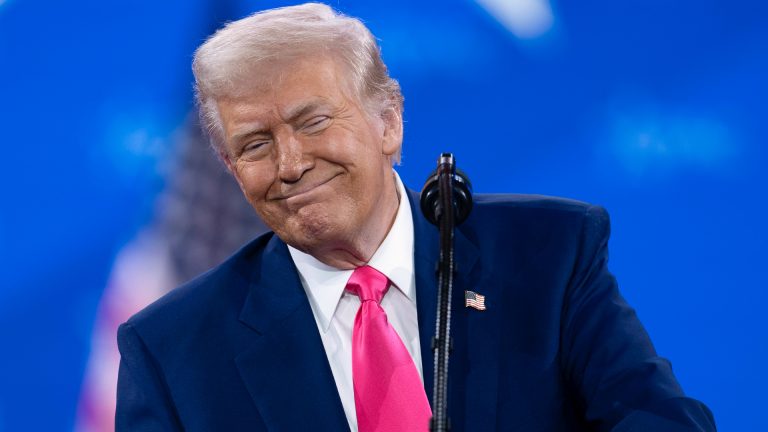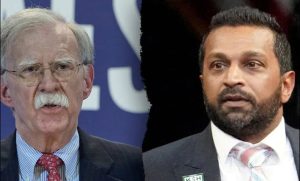Senate Republicans Unite Behind Push To Break Through Gridlock
For months, President Donald Trump’s nominees have been stuck in limbo on the Senate floor. Dozens of positions across federal agencies, embassies, and sub-Cabinet posts remain unfilled, not because they lack bipartisan support, but because of deliberate stalling tactics. That may now be about to change.
Republican senators are signaling they are ready to take bold steps to overcome what they describe as the most obstructive posture from Democrats in modern history. The plan could reshape how the Senate moves forward with nominations and tilt the balance of power in Trump’s favor for the remainder of his term.
Rising Frustration Among Republicans
The issue reached a boiling point after months of delay on even noncontroversial picks. Traditionally, many nominees — particularly for ambassador roles and lower-level executive positions — were approved with ease. In some cases, they were advanced by voice votes, reflecting broad agreement.
But since the start of Trump’s second term, Democratic leaders have refused to allow such quick passage. Instead, they have demanded extended floor time for each individual nominee. The result has been a slow-moving bottleneck, preventing the administration from fully staffing its team.
Sen. Eric Schmitt (R-Mo.) spoke bluntly following a closed-door meeting on Wednesday. “I think everybody’s pretty united in moving forward, and actually moving forward pretty quickly,” he said. According to Schmitt, the option now favored by Republicans would allow for multiple nominees to be confirmed in one vote if they cleared committee with bipartisan support.
The “En Bloc” Option
Known as the “en bloc” process, this approach would group nominees together for consideration. Rather than taking days to debate each individual, the Senate could approve ten or more at once.
The model has precedent. Sen. Amy Klobuchar (D-Minn.) introduced a version of the idea two years ago, though her effort never reached a final vote. Republicans are now considering adopting and expanding it. In their version, nominees could be bundled not just by committee but across agencies, expediting an even larger swath of confirmations.
Notably, the plan would not apply to judicial nominees or Cabinet secretaries. Those positions are considered too central to bypass traditional floor scrutiny. Instead, the focus would be on ambassadors, deputy secretaries, and sub-Cabinet roles that have historically faced little opposition.
Why the Change Is Needed Now
GOP frustration has grown steadily since the summer. During the August recess, Majority Leader John Thune (R-S.D.) attempted to reach a deal with Minority Leader Chuck Schumer (D-N.Y.). The talks collapsed, with both sides blaming each other. Trump himself accused Democrats of deliberately sabotaging his administration’s ability to govern.
So far, the Senate has confirmed just 135 nominees, with another 145 still pending. Many of those awaiting confirmation are seen as essential to carrying out the administration’s foreign policy and domestic initiatives.
Sen. John Barrasso (R-Wyo.), the GOP whip, said the delays were unprecedented. “It still takes a while to get through the blockade,” he explained. “So it would be important … to be able to batch these, which is the standard of what we used to do in the past.”
Pushback From Democrats
Democratic leaders argue that Trump’s nominees deserve heightened scrutiny. They point to controversies surrounding past appointees and insist that the confirmation process should not be rushed.
Schumer, for his part, has maintained that Republicans are trying to weaken oversight. “This president’s record is one of chaos and mismanagement,” Schumer said earlier this week. “The American people deserve a Senate that takes its job seriously.”
Still, some Democrats have privately admitted the blockade is a political calculation. By slowing the pace of confirmations, they hope to weaken Trump’s ability to project stability heading into the midterm elections.
Risks of Going Nuclear
While Republicans are increasingly united, some caution that changing the rules could backfire. Sen. Mike Rounds (R-S.D.) noted that once the en bloc system is in place, Democrats may respond by voting “no” in committee more often, thereby forcing individual consideration anyway.
“In the past, these types of nominees have been voted out on a bipartisan basis,” Rounds explained. “But now does that mean that you would now have the minority always voting ‘no’? Those are some of the things we have to work out.”
Other Republicans acknowledge the concern but argue that the status quo is untenable. Without action, they warn, Trump’s agenda will remain stalled, leaving hundreds of key roles unfilled.
What Happens Next
Republicans are aiming to finalize their plan within two weeks. If approved, the rules change could be implemented quickly, clearing dozens of nominations before year’s end.
Behind closed doors, GOP leaders are confident. Sources familiar with the discussions say the caucus sees little choice but to act. After months of frustration, they believe voters will reward them for standing up to what they describe as obstruction for obstruction’s sake.
For Trump, the outcome could mark one of the most consequential procedural victories of his presidency. With his administration fully staffed, he would be better positioned to pursue policy goals and strengthen his political hand ahead of the 2026 midterms.
The question now is whether Republicans will follow through. In a chamber often defined by hesitation and half-measures, the coming weeks could show just how far they are willing to go to deliver for their president.
Bottom Line
After months of gridlock, Senate Republicans appear poised to break through Democratic resistance. By bundling nominees and confirming them en bloc, they hope to bypass delays that have paralyzed the chamber.
Democrats insist the tactic undermines oversight, but Republicans argue it is the only way to keep government functioning. With Trump’s agenda hanging in the balance, the stakes could not be higher.
One way or another, the Senate is about to face a turning point — and the outcome will shape not only Trump’s presidency but the future of how Washington does business.

James Jenkins is a celebrated Pulitzer Prize-winning author whose work has reshaped the way readers think about social justice and human rights in America. Raised in Atlanta, Georgia, James grew up in a community that instilled in him both resilience and a strong sense of responsibility toward others. After studying political science and creative writing at Howard University, he worked as a journalist covering civil rights issues before dedicating himself fully to fiction. His novels are known for their sharp, empathetic portraits of marginalized communities and for weaving personal stories with broader political realities. Jenkins’s breakout novel, Shadows of Freedom, won national acclaim for its unflinching look at systemic inequality, while his more recent works explore themes of identity, resilience, and the fight for dignity in the face of oppression. Beyond his novels, James is an active public speaker, lecturing at universities and participating in nonprofit initiatives that support literacy and community empowerment. He believes that storytelling is a way to preserve history and inspire change. When not writing, James enjoys jazz music, mentoring young writers, and traveling with his family to explore cultures and stories around the world.









